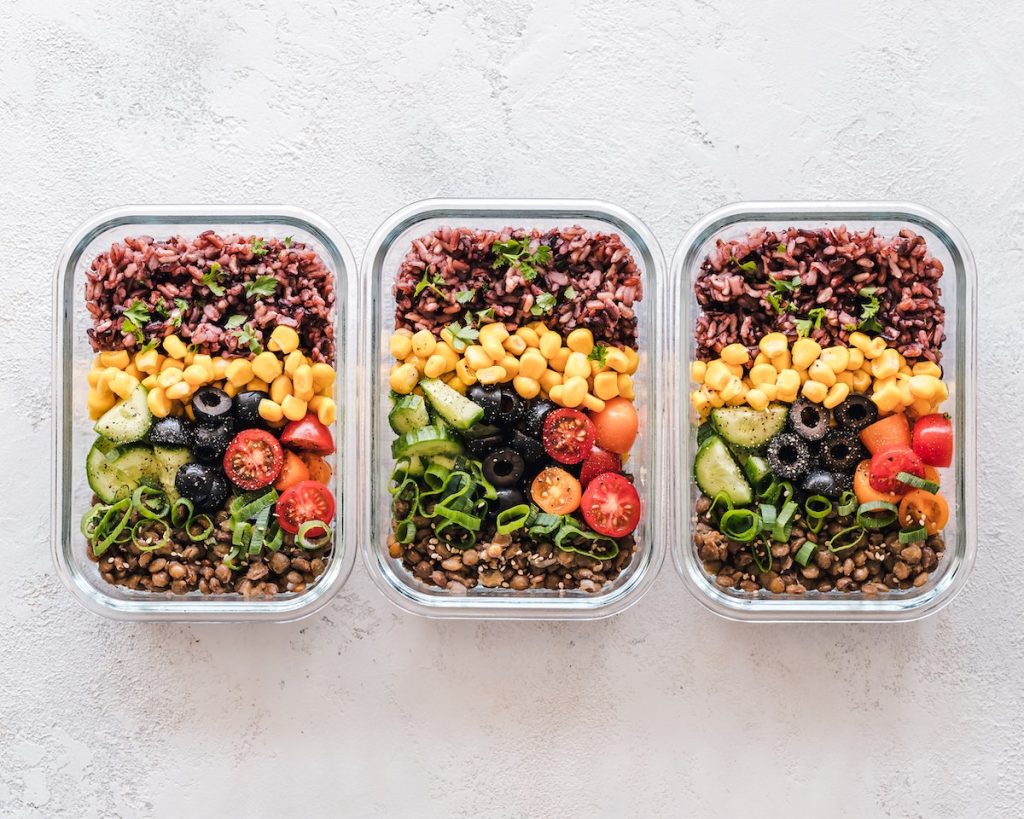Eating fresh fruits and vegetables can feel like a chore when there are plenty of drive-thru options available offering cheeseburgers and french fries.
But a well-balanced diet is worth pursuing. With just a little extra effort and attention paid to what you eat, you can reap the benefits of healthy eating in every aspect of your life.
For people with alcohol use disorder, also called “alcoholism,” a healthy diet is especially important. Alcohol use can inhibit the absorption of vital nutrients like B vitamins and zinc, both of which are plentiful in spinach and yogurt.
First Things First: What Is a Well-Balanced Diet?
Luckily, eating a balanced diet doesn’t have to be hard. In fact, many people find it fun trying new foods and recipes featuring the healthy ingredients they enjoy.
Although guidelines vary for different age groups, in general, diets that closely mirror the Mediterranean diet tend to provide the best results. This includes regularly eating lots of fresh fruits and vegetables, whole grains, healthy fats, lean proteins, and less dairy.
Some studies have found that organic foods contain higher amounts of nutrients and lower levels of pesticides, making them healthier to eat.
Benefit 1: Live a Longer Life
People who eat a well-balanced diet, with a focus on increasing the amount of fresh fruits and vegetables in their diet and reducing processed foods, tend to live longer than those who don’t.
This is in part because eating a healthy diet helps slow the signs of aging. So you not only live a longer life but a better life as well – and look better doing it.
Benefit 2: Preserve Brain Function
Green, leafy vegetables; fatty fish like salmon and cod; berries and walnuts; and coffee and green tea are all foods that help preserve brain function, according to researchers at Harvard Medical School. This could be because these foods also help protect your heart and blood vessels.
A diet rich in fatty fish, for example, has been shown to reduce the amount of beta-amyloid in the blood, the protein responsible for the clumps that form in the brains of people with Alzheimer’s.
Benefit 3: Reduce Your Risk for Serious Health Issues
Eating healthy reduces the risk for serious health issues, including heart disease, type 2 diabetes, and some cancers. Heart disease and cancer are the top two causes of death in the U.S., according to the Centers for Disease Control and Prevention (CDC).
A well-balanced diet also supports healthy pregnancies, a healthier stress response, and healthy digestion.
Benefit 4: Stay Strong
After the age of about 30, we start losing muscle mass, and the amount we lose increases as we age.
This can also be slowed down or even prevented by eating a healthy diet and exercising. Studies show that people who eat a healthy diet are more likely to be consuming an adequate amount of protein, as well, which is essential for preserving muscle.
Plant-based proteins like quinoa, beans, lentils, and nuts and seeds are all great options. There are plenty of good-quality plant protein powders in grocery stores, too.
Try to limit animal-based proteins to fatty fish, eggs, skinless white chicken meat, and lean beef.
Final Thoughts
Eating a healthy diet doesn’t have to be boring. If the majority of your meals are centered on nutrient-dense foods, you can get away with the occasional pizza and still be healthy.
Make changes slowly, and don’t beat yourself up if you “slip up” more often than you’d like. Making lifestyle changes takes time. Keep the health benefits listed here in mind when you need added motivation.
Find specific dietary recommendations for each age group in the 2022-2025 Dietary Guidelines for Americans.





